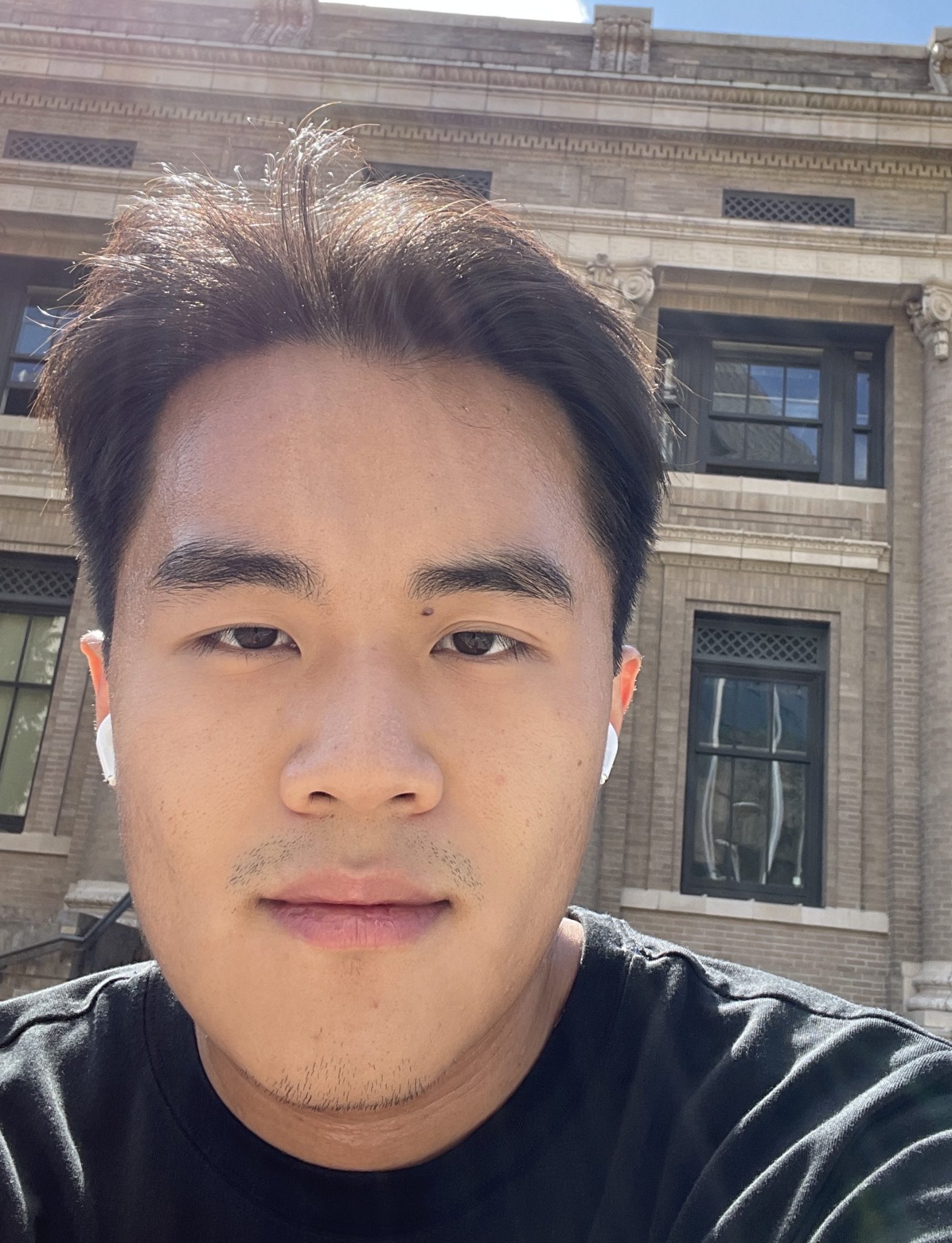
Henry Chang
Using Named Data Networking to Provide Cross Platform Data Air-Drop
Mentor: Leonard Kleinrock
Year: Senior
Major: Computer Science
Despite having a medium for data communication (Bluetooth, wifi, cable), it is extremely difficult to share data between modern devices. Users have to turn to third party providers (such as Google Drive, email the document to themselves) in order to share information between devices conveniently. The current exception with a file sharing functionality built in is Apple’s AirDrop. But what about communication between Apple and Windows, Androids, and other OS? Why can’t we simply send the data directly from device A to device B, regardless of the device type?
The reason is because there isn’t a secure network protocol to link all devices together. My project looks to conduct a case study using Named Data Networking (NDN) to create an airdrop functionality between devices of different brands and OS with a major emphasis on security. NDN is a data centric networking that provides a secure way to transport data. By using the protocol, devices of various models can communicate with one another, by sending interest packets for the specific data. My project is unique because it utilizes a completely new networking model compared to the traditional addresses-based networking. If successful, the project can provide easy data communication between all devices.
Results:
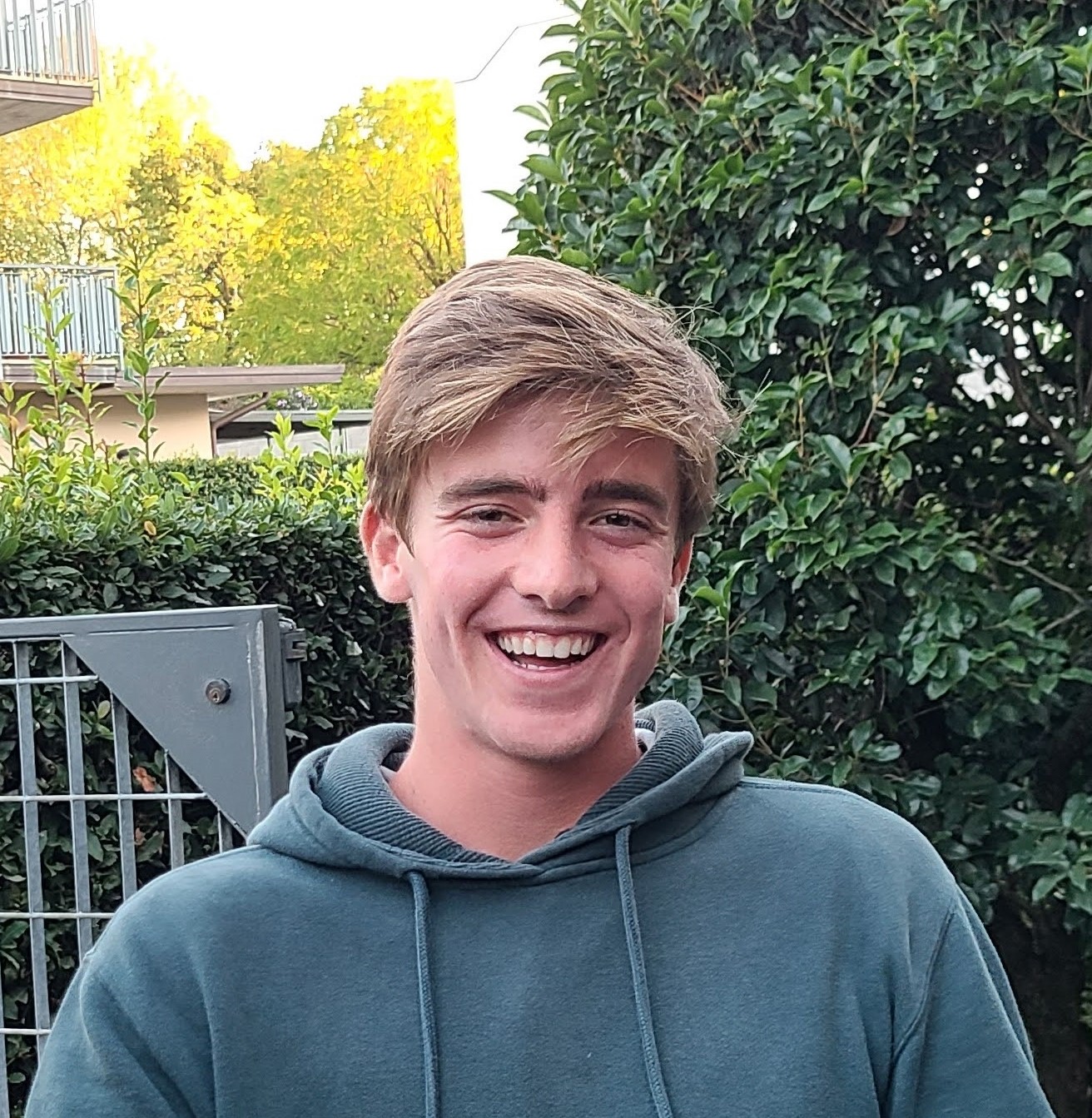
Nicola Conta
Using Low-Cost IMU Sensors for Accessible/Personalized Training in Physical Therapy
Mentor: Venky Harinarayan
Year: Sophomore
Major: Electrical Engineering
Measuring progress in physical therapy is commonly done by doctors and therapists through qualitative measures, such as looking at the positioning of body parts in exercises. Not only is this subject to human interpretation, but it is also not very equitable, excluding many underrepresented groups who do not have access to the therapists and tools related to this side of healthcare. My project aims to provide an accessible and personalized solution to physical therapy by using a sensor that compares the cross-correlation of acceleration and rotation signals of certain exercises in order to classify motions. This solution executes machine learning onto a sensor microcontroller, allowing the sensor itself to perform the classification of motion locally, instead of processing the data externally, which is historically how it is done. The benefit: instant personalized feedback. A simple set of training could be done under the guidance of medical professionals, to “teach” the sensor system how to perform certain exercises. This can then be distributed to the patient to have a chance to learn through the sensor’s feedback. Local processing can get more out of wearable technologies and has the potential to create a tool that can continue expanding access to healthcare.
Results:
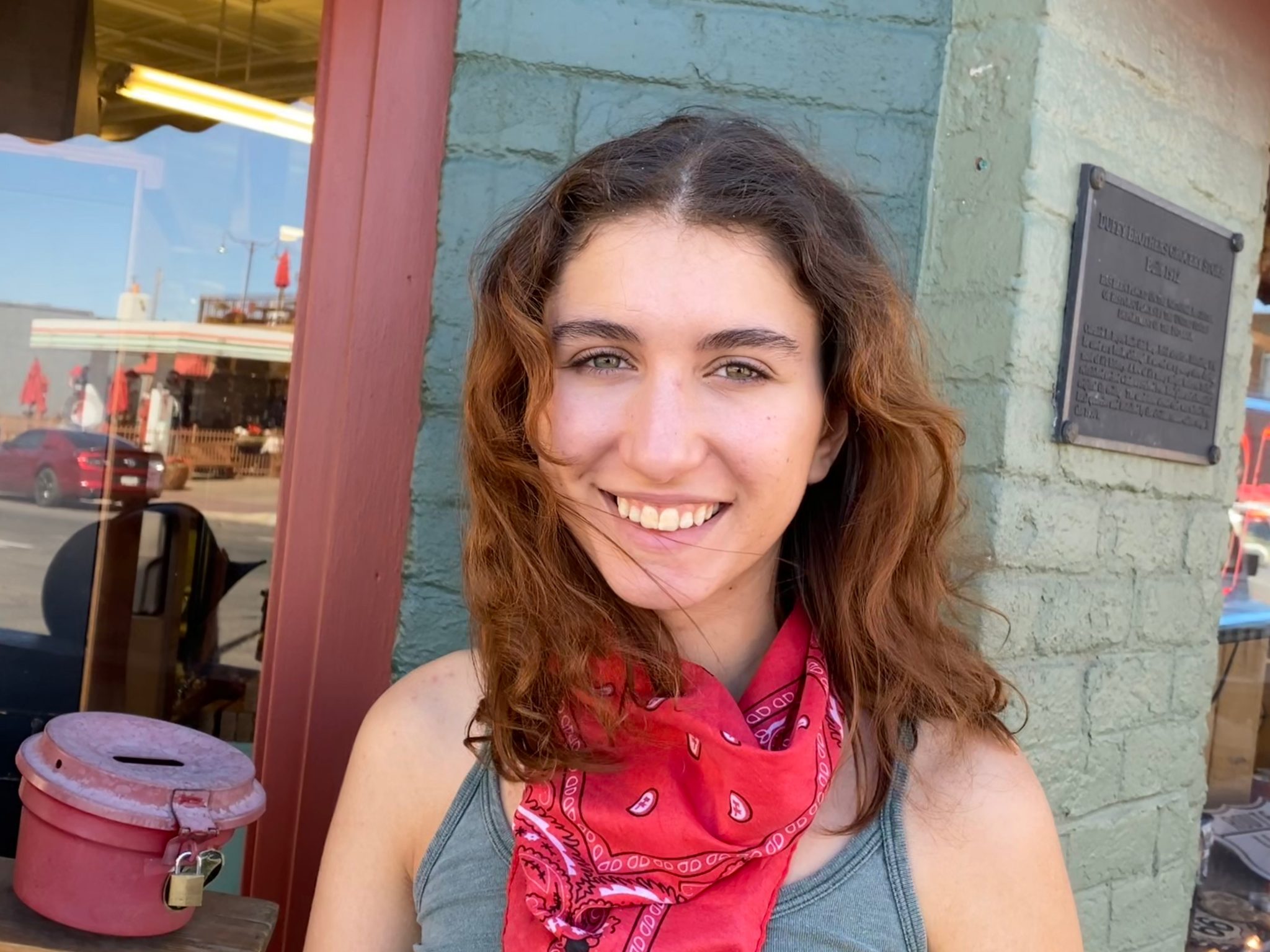
Hannah Jannol
The Internet’s Radical Transformation of Queer Adolescence
Mentor: Mariam Posner
Year: Senior
Major: English, Arabic & Islamic Studies Minor
From normalizing queer identity, to enabling the purchase of hormone-replacement therapies, the Internet has transformed queer adolescence. Queerness is more accessible than ever, producing a generation with new understandings of sexuality, sex, and gender. This project seeks to elucidate these new understandings, identify how adolescents use the Internet through a queer lens, and consider how this unprecedented access contributes to and inhibits progress. I will analyze how queer digital culture has evolved and transformed queer adolescence since the early 2000s, examining a broad range of unexplored queer online cultures. I will conduct surveys with critical populations and provide a literature review of existing publications. By the end of the year, I will produce an academic paper answering these questions and a unique educational guide to queer online practice and culture for adolescents, educators, and parents. This is an urgent and understudied issue, especially relevant amidst attacks on queer children such as the “Don’t Say Gay” bill in Florida and bans on gender affirmation treatments in Texas. My project will shed light on how the Internet provides a refuge for queer adolescents while also being a dangerous underground teenagers turn to when fleeing a queerphobic culture.
Results:
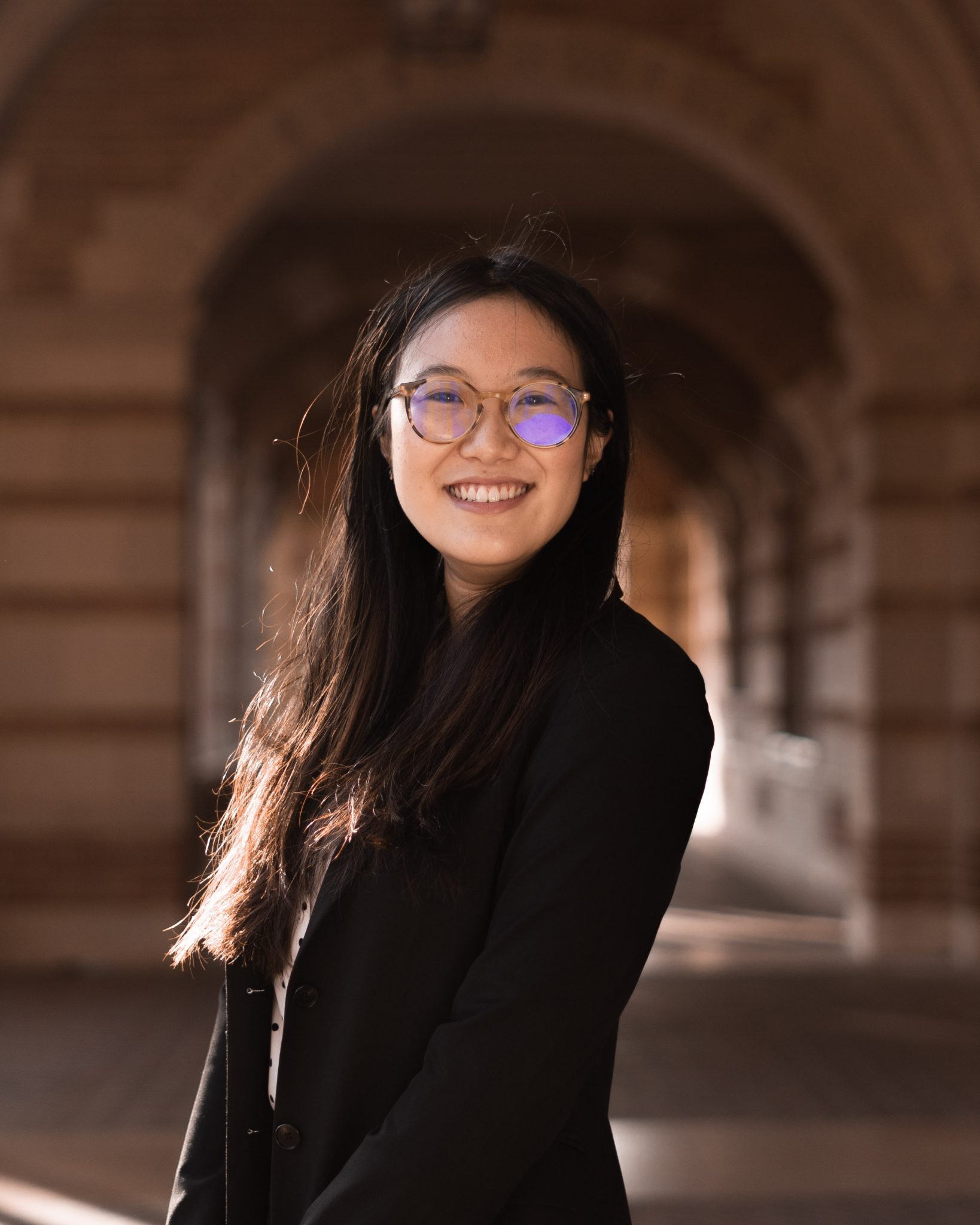
Minh-E Lau
Closing Technological/Cultural Gaps: Providing Accessible Education for Refugee Children
Mentor: Amit Sahai
Year: Senior
Major: Global Studies, International Migration Studies Minor
Many refugee populations endure unimaginable violence and exclusion where their basic human rights are not respected. Education, in particular, is significant because of the population it affects: children. Currently, about 3.5 million refugee children worldwide are unable to attend school lessons because of structural barriers and inadequate support. Education is essential because of the importance it holds in children’s development and their integration into the host society.
My project aims to address some of the most common problems in providing education in refugee camps: the lack of cultural contextualization, funds, and formal curricula. I aim to design a skills-based educational model that could be delivered over the internet, and applications popular with refugees like Whatsapp, that equips refugee children with practical expertise and knowledge that is culturally relevant to their situation. The model would be piloted amongst Rohingya children.
The project that I propose is unique because of its method of delivery; it will be designed to be accessible to anyone with a smartphone, which many refugees use to stay connected.
Overall, the new curriculum will be both culturally relevant and practically accessible to refugee children, overcoming typical shortcomings of many existing refugee education programs.
Results:

Jessica Li
Predicting NHPIs in California neighborhoods from social indicators of health
Mentor: Ellen Levy
Year: Senior
Major: Computational and Systems Biology, Digital Humanities Minor
When it comes to accurate data reporting, the Native Hawiian and Pacific Islander (NHPI) population has been consistently left behind, creating negative ripple effects in resources and services allocated to the NHPI community. Currently, California’s Healthy Places Index (HPI) serves as a neighborhood equity metric that predicts which areas experience the most healthcare disparities based on analyzing social indicators of health. California’s 1996 Proposition 209 prevents the HPI and any other equity metric from factoring in race or ethnicity to allocate government resources. When compared to Census data, however, NHPI and Asian American populations are the most underrepresented racial groups in the most disadvantaged neighborhood tracts according to the HPI.
The project will involve a series of data tools and visualizations that will improve upon the HPI metric in terms of addressing underrepresentation of NHPI and other racial/ethnic groups in its predictions. It will use a linear regression of indicators of health to more accurately parallel disadvantaged neighborhoods with racial/ethnic groups. Ultimately, it aims to provide meaningful and necessary information to NHPI-serving community-based organizations for the purpose of advocating for NHPI community health, whether that be in fundraising, grant writing, or program design.
Results:

Mia Luong
Combatting hyperconsumption in the technological age
Mentor: Safiya Noble
Year: Junior
Major: Statistics and Economics, Data Science Engineering Minor
This project aims to address the issue of hyperconsumption in the technological era. The rise of social media and targeted advertising has led to an impulsive, unnecessary, and unsustainable consumption behavior that has far-reaching environmental and social consequences. I hope to tackle this by exploring in detail how algorithmic advertising influences consumption behaviors, and researching how algorithms and artificial intelligence models can be used to encourage sustainable consumption. I will also explore the forms that sustainable consumption can take in an era with growing economic inequality. This project will involve surveying consumers with different levels of technological literacy, Internet use, and economic privilege, and asking a random sample in each group to change their Internet usage. The results of the study will serve as empirical evidence of the impact of big data, and help formulate a recommendation on how sustainability can be incorporated into ads algorithms. Ultimately, this work will inform people of sustainable actions in an era of social media and mindless consumerism, and guide data scientists to create socially impactful products.
Results:
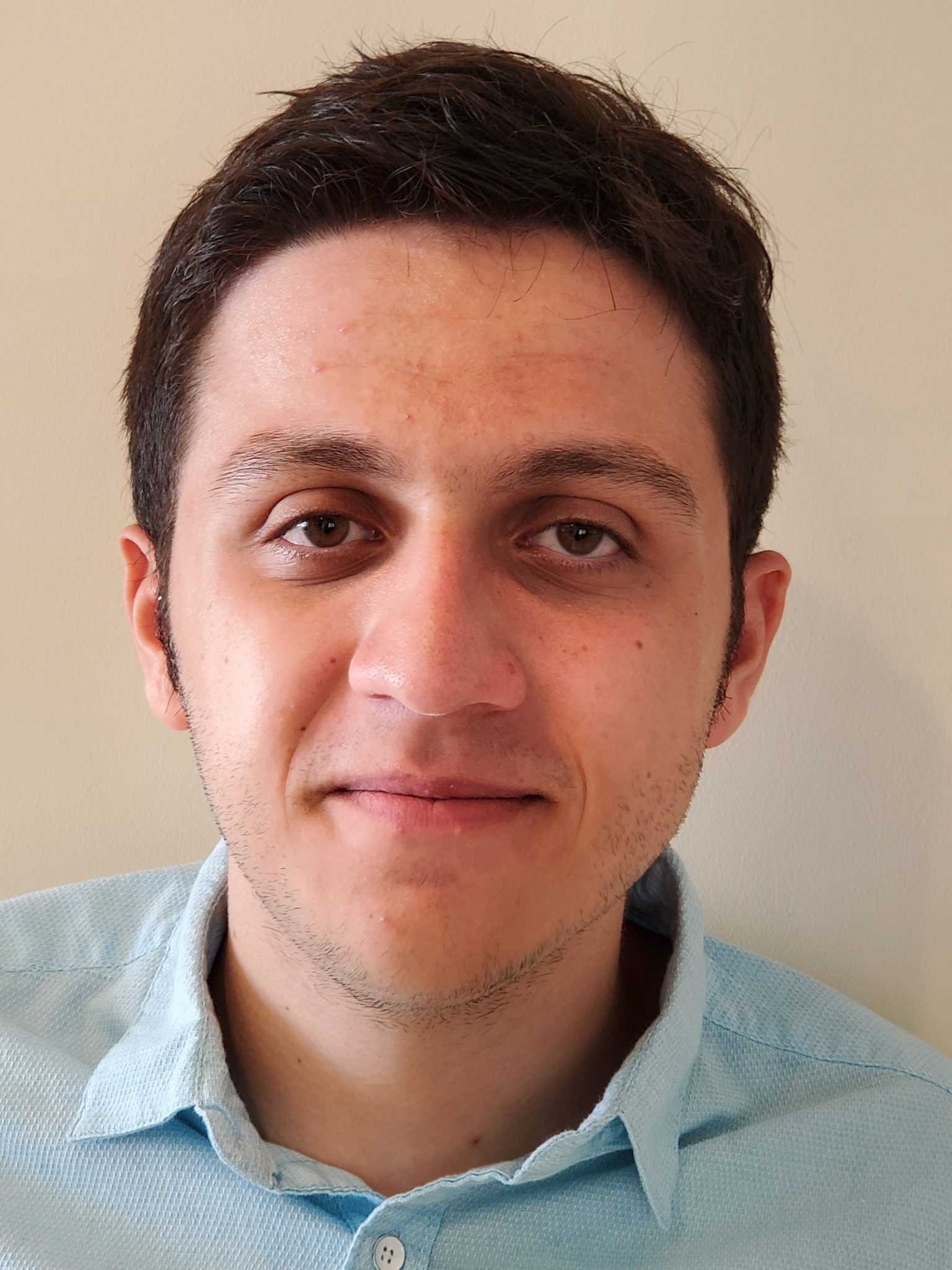
Joshua Mehrdad
Social Media User Self-Identification and Its Effect on Profile Opinionation
Mentor: Lilian Coral
Year: Senior
Major: Psychology
How do social media platforms play in stereotypes and assumptions about their user base’s identities and political affiliations? Does the perception of userbases change based on a user’s platform affiliation?
This project will design a survey that asks for participant reactions and opinions about statements made on different social media platforms. Survey respondents will be split into two groups (experimental, control), the control group’s sample statements will be stripped of identifying information that reveals the platform the statement was made on while the experimental group will see the platform details. We will then ask questions about survey respondents’ perceptions of a series of statements. We hope this sample will help unpack the role of platforms themselves in user perception and stereotyping.
While there is literature on identity formation, affinity, and oppositional identity formation on social media platforms, little work has been done on the role of user perceptions of platforms themselves in evaluating other user statements.
This work will assist in the understanding of how social media platforms are perceived and the role of that perception in forming opinions of user statements or behavior. The platform itself provides context for a user to interpret the content in front of them.
Results:

Sela Serafin
OZA: Community-Powered Streaming
Mentor: Jeff Burke
Year: Senior
Major: Communications, Digital Humanities
In today’s fragmented content landscape, the abundance of film and TV options makes it increasingly challenging to find and access content that aligns with our personal preferences. Moreover, popular streaming platforms like Netflix or Hulu often fall short in providing satisfactory algorithmic recommendations. Amidst this, everyday consumers and community members have stepped up to play a more significant role in content distribution. Rather than relying solely on targeted advertisements or platform recommendations, users are turning to social platforms such as Reddit Forums, Twitter, Facebook Groups, TikTok, and Discord channels for content suggestions. This shift highlights the growing influence of regular people in driving traffic to specific content and enhancing the improving the discovery process on streaming platforms.
This project introduces a framework for a community-powered streaming platform called OZA. The platform aims to integrate human-based recommendations to enhance content discovery. Additionally, it proposes leveraging blockchain technology to incentivize and reward users for their valuable contributions to the platform. By implementing blockchain-based rewards, OZA can acknowledge and recognize the efforts of users, fostering a sense of community engagement and enhancing the overall streaming experience. By combining user-generated recommendations, social platform integration, and blockchain-based incentives, the framework for OZA strives to create an environment where content discovery is improved, personalized, and driven by the collective wisdom of the community.
Results: Sela Serafin’s Quad Chart
